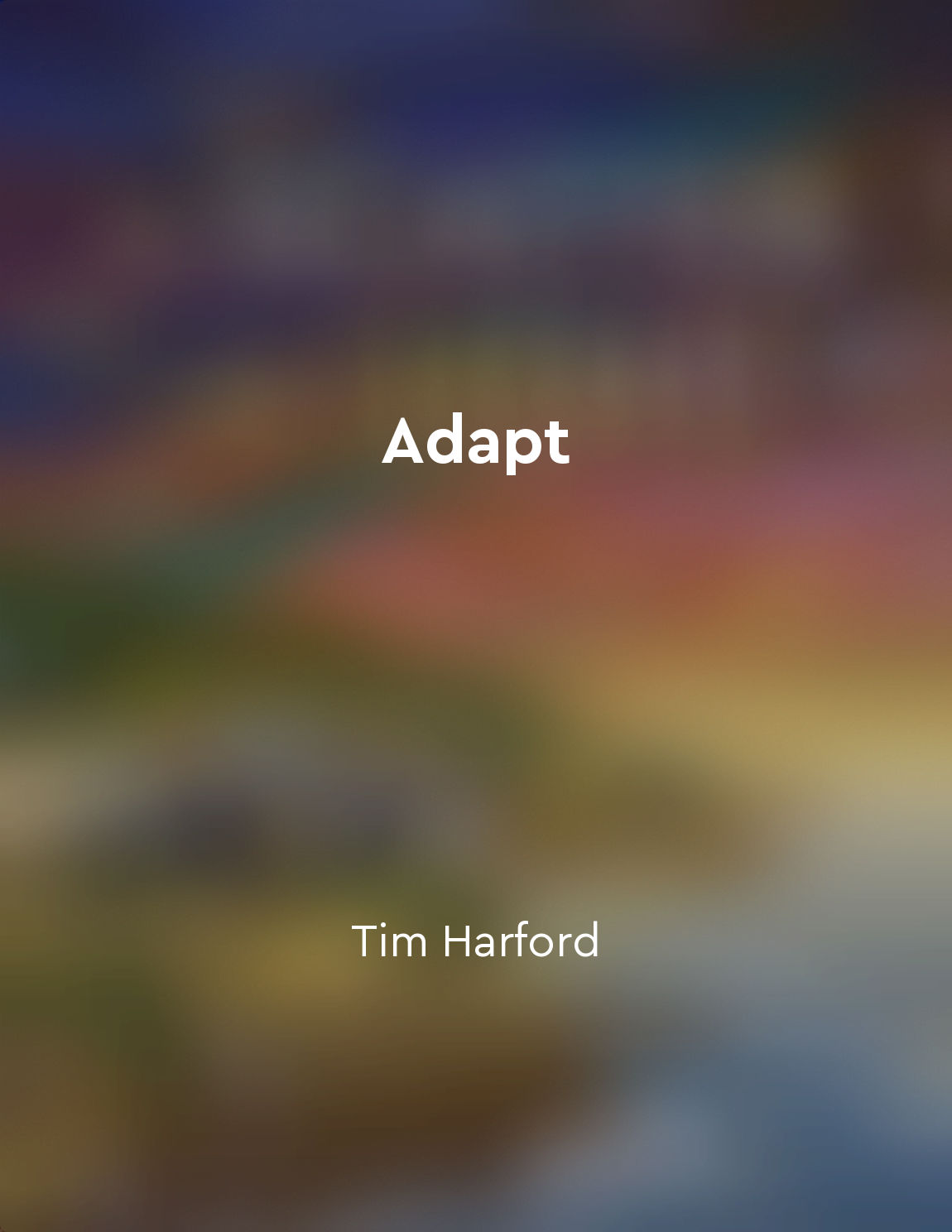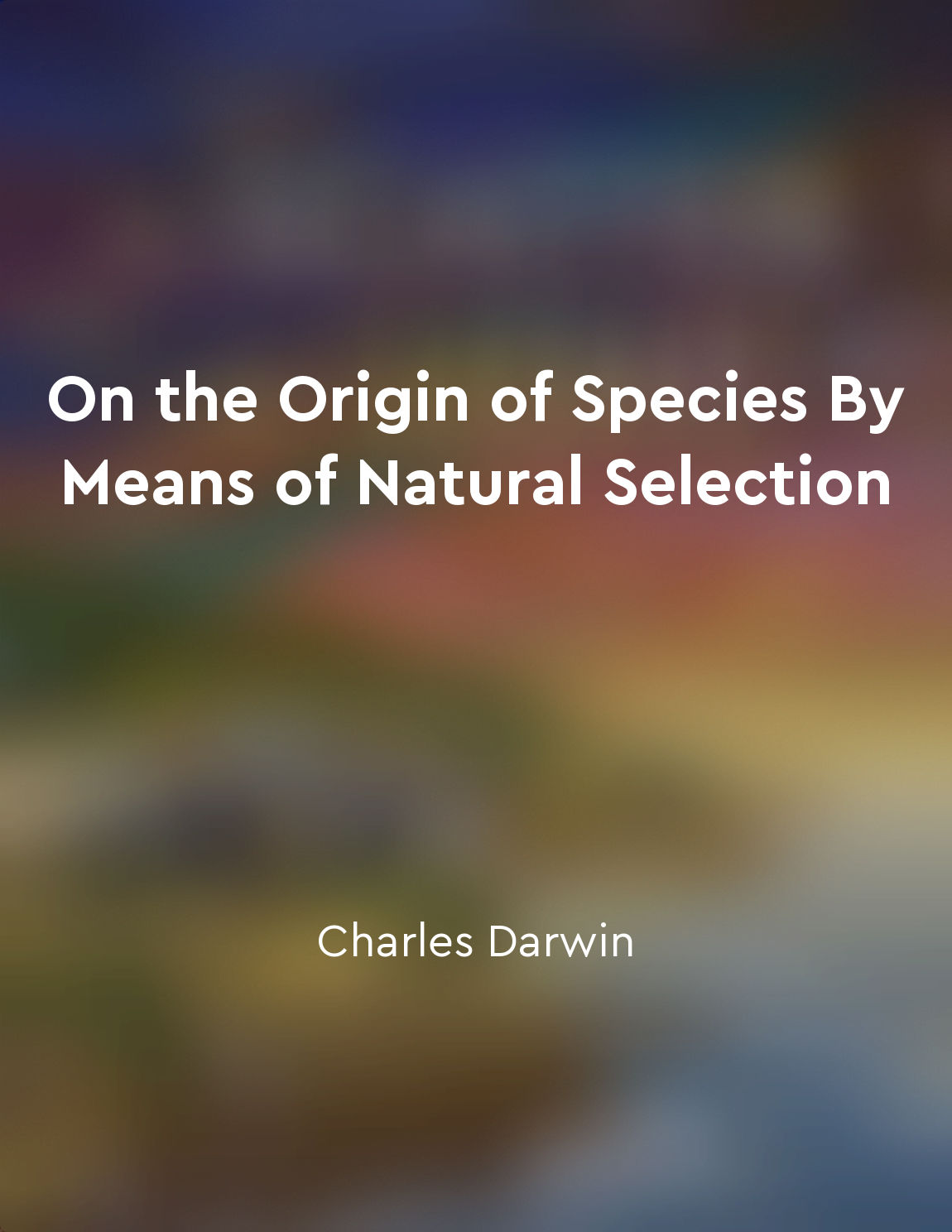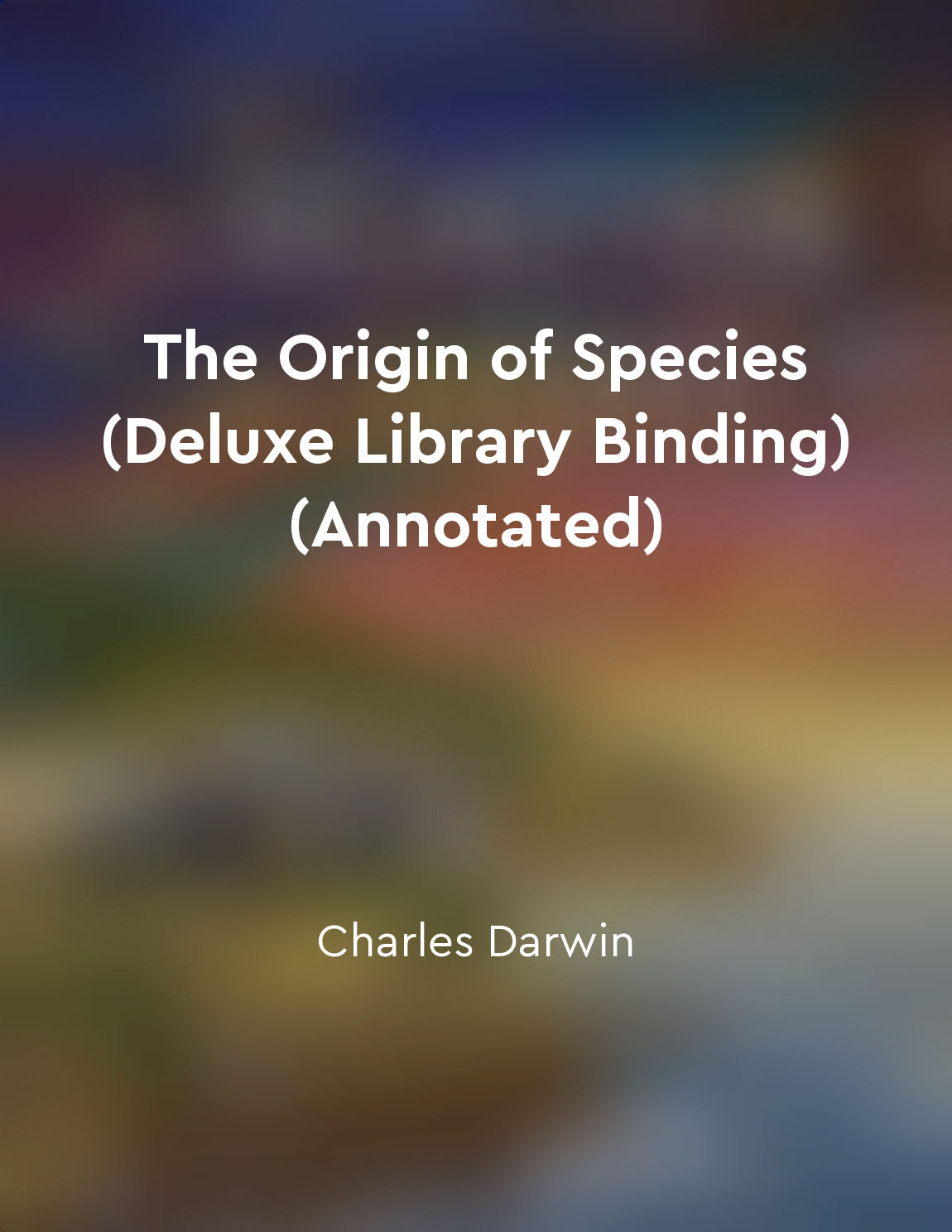Evolutionary theory challenges traditional views of progress from "summary" of The Structure of Evolutionary Theory by Stephen Jay Gould
The concept of progress in evolutionary theory challenges traditional views that uniformly extol progress as an inherent feature of life's history. Although evolutionary change brings adaptation in response to local environmental challenges, the directionality of these changes does not always lead to greater complexity or "higher" forms of life. Evolutionary theory rejects the notion of an inherent drive towards complexity or perfection, instead emphasizing the role of contingency, historical happenstance, and constraints in shaping the course of evolution. Progress, in the traditional sense, implies a linear trajectory towards a predetermined goal or ideal state. Evolution, on the other hand, operates through a process of descent with modification, where changes occur in response to specific environmental pressures. These changes do not necessarily result in more complex or advanced organisms; rather, they reflect adaptations that allow organisms to survive and reproduce in their particular ecological niche. The concept of progress is further challenged by the understanding that evolutionary change is not always gradual and continuous. Instead, it can occur in fits and starts, through processes s...Similar Posts
Consumer education is essential in promoting informed choices about genetically modified foods
Consumer education plays a crucial role in shaping public opinions and attitudes towards genetically modified foods. Without pr...

Embrace constraints
Constraints are often seen as limitations, obstacles to be overcome in order to achieve success. But what if we were to view co...

The immune system defends against pathogens
The immune system serves as the body's defense mechanism against harmful invaders known as pathogens. These pathogens can inclu...
Contingency shapes historical outcomes in complex systems
In the study of complex systems, one important concept to consider is how contingency plays a role in shaping historical outcom...

Variation in organisms
The variation in organisms is a fundamental aspect of the natural world. Every individual is unique in its own way, possessing ...

Variation as fuel for evolutionary change
Variation is a fundamental aspect of the natural world, serving as the raw material upon which the process of natural selection...

Sexual selection for desirable traits
One of the most intriguing aspects of evolution is the idea that certain traits can be selected for based on their desirability...

Beneficial traits are passed on to offspring
The process of evolution revolves around the transmission of traits from one generation to the next. This passing on of charact...
